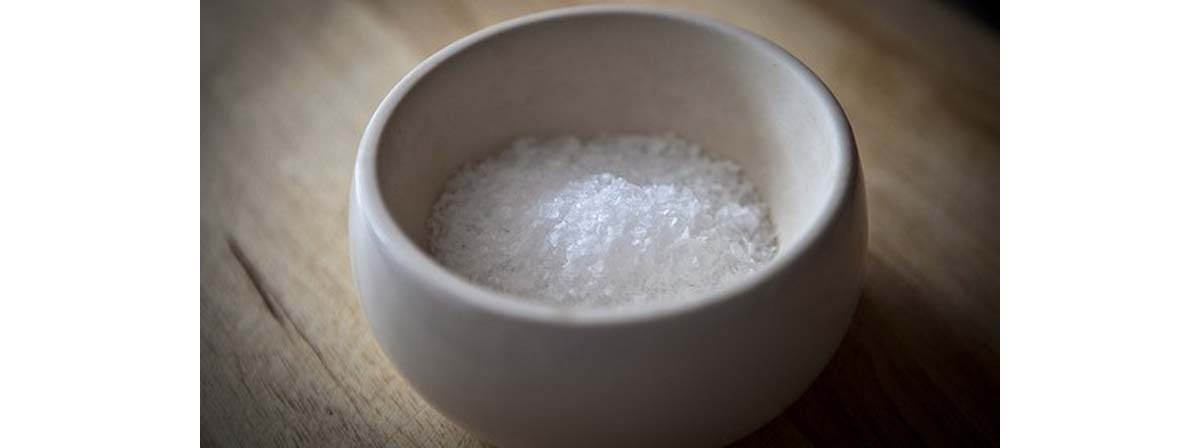Table of Contents
For many dietary constituents, the minimum daily amounts needed to safeguard health — known as Recommended Daily Allowances (RDAs) — have been calculated. But in the case of salt there was inadequate evidence to set an RDA so an Adequate Intake (AI) level of 1500 mg was given instead. This was the minimum amount of salt needed for a healthy diet.

From knowledge of how much salt is needed to raise blood pressure, the maximum amount before blood pressure was high enough to do harm was calculated as being 2,300 mg. But as already mentioned, this assumes that any increase in blood pressure caused by consuming more salt, alsi results in a much higher risk of heart disease or stroke – and evidence to this effect is currently lacking.
Have recommendations changed in light of this new report?
Not in everyone’s opinion. For example the American Heart Association still stands by the original recommendations.
Dr Strom who chaired the Institute committee which came up with the new report also advises that people should not eat too much salt, but added that there just is not enough evidence to be able to set a figure on what ‘too much’ is.
Some of the studies seem to indicate that there may be safe upper and lower limits. For example in one very large (over 28,000 participants) study of people with high blood pressure, the risk of heart attacks, heart failure, stroke and death from heart disease increased at both the upper and lower reaches of salt intake. But in this case the upper end of salt consumption was more than 7,000mg (more than twice the currently recommended limit). But worryingly the lower end was less than 3,000mg – the current target for people with high blood pressure is 1,500mg.
And while excessive salt might be bad for us, we cannot survive on too low an intake. It is the sodium in salt which is the critical ingredient and if sodium levels fall too low – a condition called hyponatremia – seizures, coma and death can result.
How should I interpret the new report?
As mentioned, it is very difficult and inexact to measure personal daily salt intake in any case. As with all things, the best advice is probably to take it in moderation.
The Institute committee felt that the conflicting results seen in studies might indicate that there is variation in sensitivity to the effects of salt between individuals. While this makes unraveling the effect of salt on health harder, it may also indicate that we may all have a different ‘safe’ range.
So if you already have high blood pressure it might make sense to be aware of your salt intake and try to reduce it moderately. Many foods contain information on the amount of salt they contain. For other common foods see the link below for US government information where you can look up salt content either from an alphabetical list of foods, or from a descending list by weight of salt.
- www.books.nap.edu/openbook.php?record_id=18311&page=95
- www.nytimes.com/2013/05/15/health/panel-finds-no-benefit-in-sharply-restricting-sodium.html?pagewanted=1&_r=1
- Photo courtesy of Ian Sane by Flickr : www.flickr.com/photos/31246066@N04/8711043595/
- Photo courtesy of Darryl by Flickr : www.flickr.com/photos/blackmango/6061750502/
- www.ars.usda.gov/Services/docs.htm?docid=22769 (US Government information on salt content of common foods)


Your thoughts on this